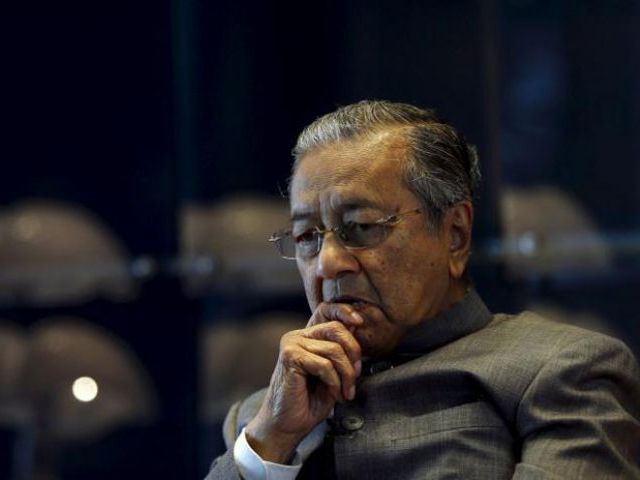
The Southeast Asian nation has been on high alert since gunmen allied with Islamic State carried out a series of attacks in Jakarta, the capital of neighbouring Indonesia, in January 2016.
The four suspects are two Rohingya Muslims from Myanmar, an
Indonesian and a Malaysian, Inspector General of Police Abdul
Hamid Bador told reporters.
Dubbed the "wolf pack" cell, he said its members had planned to launch large-scale attacks during the first week of Ramazan to avenge a Muslim fireman who was allegedly beaten to death during a racially charged riot at a Hindu temple in November.
The fireman's death angered majority Malay Muslims, some of
whom had accused Hindu leaders of inciting the riot through
racial remarks. "This cell had also planned an operation to assassinate
high-profile personalities accused of insulting and failing to
uphold Islam," Abdul Hamid said in a video recording of a press
conference seen by Reuters.
He declined to identify the targets of the planned killings.
One of the Rohingya suspects, a 20-year-old waiter, told police he was a supporter of the Arakan Rohingya Salvation Army (ARSA), an insurgent group said to be behind a number of killings and attacks in Myanmar's Rakhine state, Abdul Hamid said.
The man possessed a UNHCR identification card issued by the
UN refugee agency, he said. Police also seized a gun and six homemade explosives during the arrests.
The Rohingya have for years fled persecution in Myanmar,
which denies them citizenship as they are seen as illegal immigrants from Bangladesh.
They often arrive on Southeast Asian shores in rickety boats seeking asylum. More than 90,000 Rohingya are registered with the United Nations in Malaysia but non-profit groups estimate as many as 200,000 Rohingya are living in the country.






1732445375-0/Untitled-design-(9)1732445375-0-270x192.webp)


1732428810-0/Copy-of-Untitled-(3)1732428810-0-270x192.webp)
1732425487-0/BeFunk_§_]__-(42)1732425487-0.jpg)






COMMENTS
Comments are moderated and generally will be posted if they are on-topic and not abusive.
For more information, please see our Comments FAQ